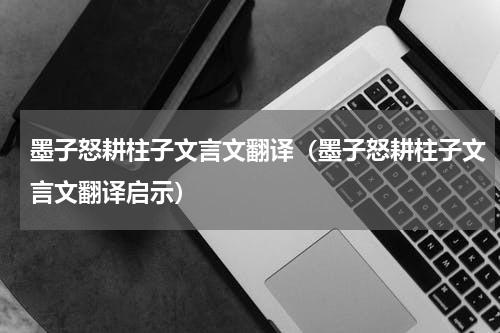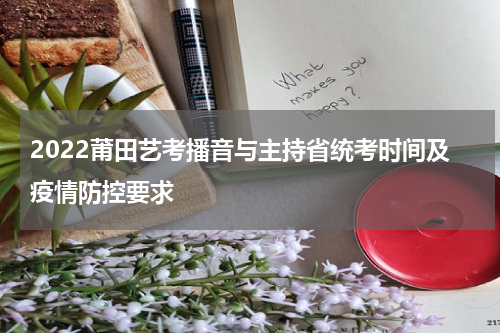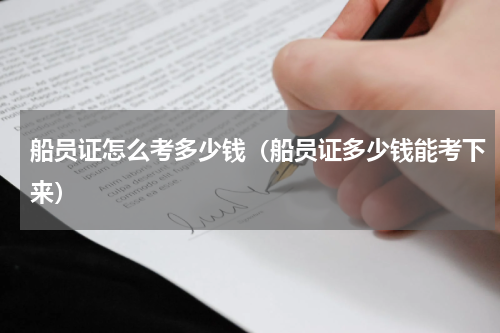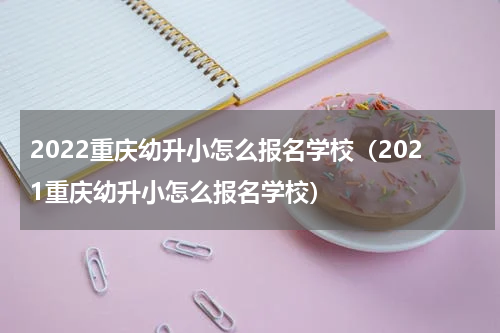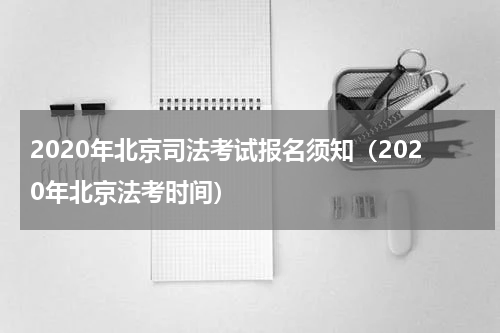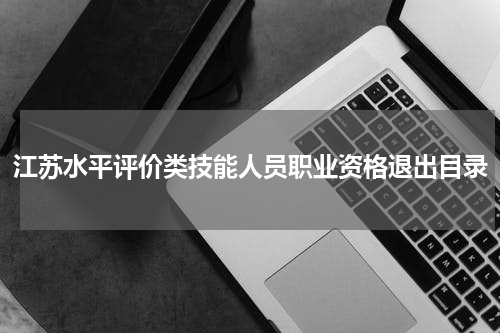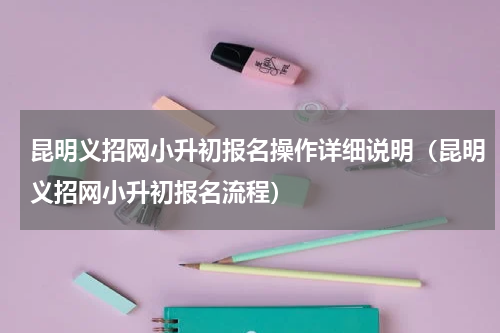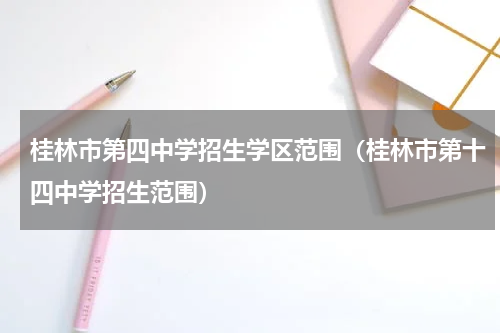大道之行也,天下为公,选贤与能,讲信修睦,故人不独亲其亲,不独子其子,使老有所终,壮有所用,幼有所长,矜、寡、不从,患、邻、不遗,善、使、不劳,多、易、舒服,终、无、尽,是以不独寡、不独漏、天下莫能名。孔子主张治理天下应当追求“为公”的原则,即以公共利益和整体利益为出发点。选贤与能,意味着在选拔干部时注重人才和能力。这些理念以及孔子对为政者的要求仍然对现代社会有着深远的启示作用。
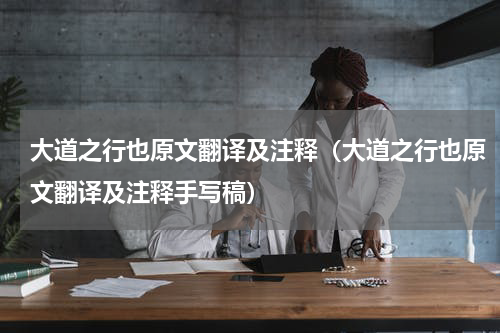
大道之行也,
天下为公,
选贤与能,
讲信修睦,
故人不独亲其亲,
不独子其子,
使老有所终,
壮有所用,
幼有所长,
矜、寡、不从,
患、邻、不遗,
善、使、不劳,
多、易、舒服,
终、无、尽,
是以不独寡、不独漏、
天下莫能名。
大 道 (dàdào) - The great way; The Dao; The path to virtuous living.
天下 (tiānxià) - literally means "under heaven," a term that refers to the world or society.
为公 (wèi gōng) - for the public; to serve the common good.
选贤与能 (xuǎn xián yǔ néng) - selecting talented and capable individuals.
讲 信 (jiǎng xìn) - emphasizing trustworthiness; valuing honesty.
修 睦 (xiū mù) - cultivating harmony and peace.
故 人 (gù rén) - therefore, people.
不独亲其亲 (bù dú qīn qí qīn) - not only favoring their own family members.
不独子其子 (bù dú zǐ qí zǐ) - not only supporting their own children.
使 老有所终 (shǐ lǎo yǒu suǒ zhōng) - allowing the elderly to have a peaceful end.
壮 有所用 (zhuàng yǒu suǒ yòng) - providing opportunities for the young and capable.
幼 有所长 (yòu yǒu suǒ cháng) - fostering the growth and development of children.
矜 寡 (jīn guǎ) - cherishing the widowed.
不 从 (bù cóng) - not neglecting the childless.
患 邻 (huàn lín) - helping those in distress.
不 遗 (bù yí) - not neglecting the needy.
善 使 (shàn shǐ) - promoting benevolence.
不 劳 (bù láo) - not relying on force or coercion.
多 易 (duō yì) - increasing abundance and ease.
舒 服 (shū fú) - promoting comfort and well-being.
终 无尽 (zhōng wú jìn) - endless pursuit and practice.
是以 不独寡 (shì yǐ bù dú guǎ) - therefore, not only the few.
不独漏 (bù dú lòu) - not only the neglected.
莫能 名 (mò néng míng) - no one can surpass.
注释:
本文是选自中国古代著名思想家孔子的论语,这段文字表达了孔子对为政者与人民的期望和要求。孔子主张治理天下应当追求“为公”的原则,即以公共利益和整体利益为出发点。选贤与能,意味着在选拔干部时注重人才和能力。讲信修睦,强调了诚信和团结和睦的重要性。不独亲其亲,不独子其子,体现了公正和公平的观念,不只是关心自己的亲人,也要关心他人的亲人。使老有所终,壮有所用,幼有所长,矜寡不从,患邻不遗,善使不劳,多易舒服,终无尽,是在描述一个完善的社会制度,关心老年人的晚年生活,赋予年轻人发展的机会与施展才华的平台,培养儿童的成长,关怀寡妇、孤儿和邻里之间的困扰,并提倡善行而不依赖武力或强制。通过这些措施,实现社会的繁荣和和谐。最后一句“是以不独寡,不独漏,天下莫能名”,强调了只要政治者能够坚持这些原则和观念,就可以得到人民的赞誉和尊重,无人能够超越。这些理念以及孔子对为政者的要求仍然对现代社会有着深远的启示作用。

